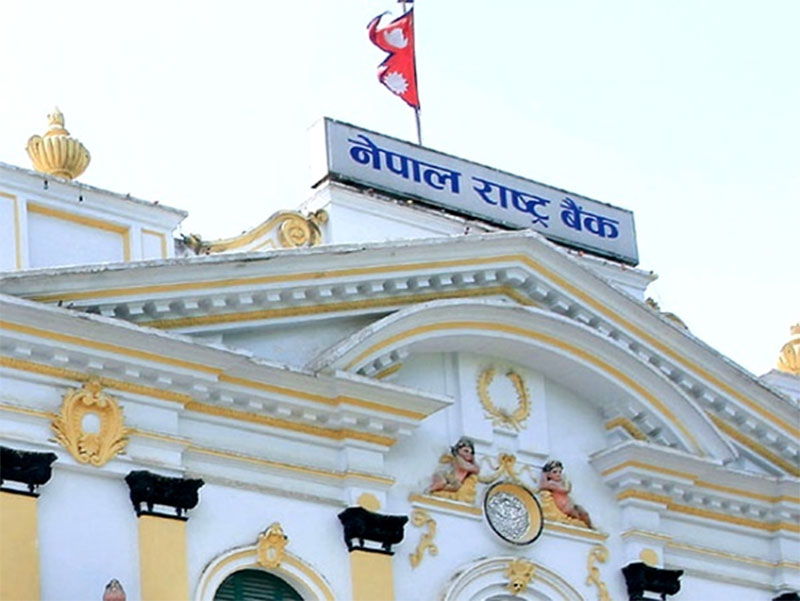Kathmandu (Rashtriya Samachar Samiti): Recently uses of electronic transaction has been increasing drastically. The significant increase in such transactions is due to the development of electronic payment infrastructure, incentives for transactions and increasing practice of citizens using modern equipment.
According to the latest data compiled by the Nepal Rastr Bank, more than Rs 48.45 trillion has been transacted electronically in the last month of the current fiscal year alone. Of this, more than Rs 34.77 trillion has been transacted through RTGS alone.
According to the bank’s details, the electronic turnover was more than Rs 2.37 trillion in November last year. The use of ATMs, digital wallets, mobile banking, Connect IPS, QR code based payment systems and other means in transactions and payments has increased significantly.
While the use of electronic media in economic transactions is increasing significantly, fraud in various names is also on the rise. Nepal Rastra Bank (NRB) has advised the citizens to remain alert and safe, citing that the temptation to cast lottery, misuse of mobile application, demand of one’s password and OTP from strangers under various pretexts has increased.
The central bank has issued a notice to the citizens regarding the risks involved in conducting financial transactions through electronic means and has requested the users to pay special attention to electronic payments as there are increasing complaints that criminal individuals and groups are using various electronic devices to fraud customers.
Nowadays, activities like soliciting money in the name of people known through social media, asking for username and password of internet banking or mobile banking by calling the bank, taking fake customer information by creating fake website, soliciting money in return under the pretext of greedy money transfer are increasing.
The central bank has asked people not to give their passwords, OTP or any other sensitive information to any unknown person, as well as, it has requested to change their passwords from time to time and to keep such passwords secret.
